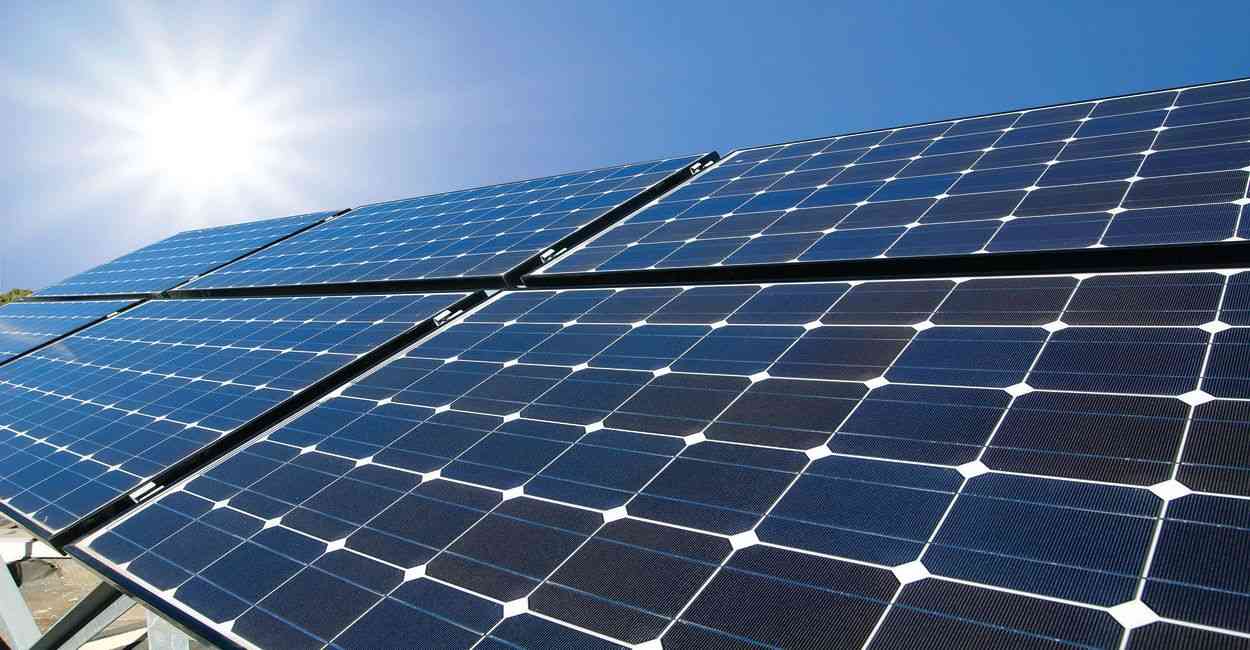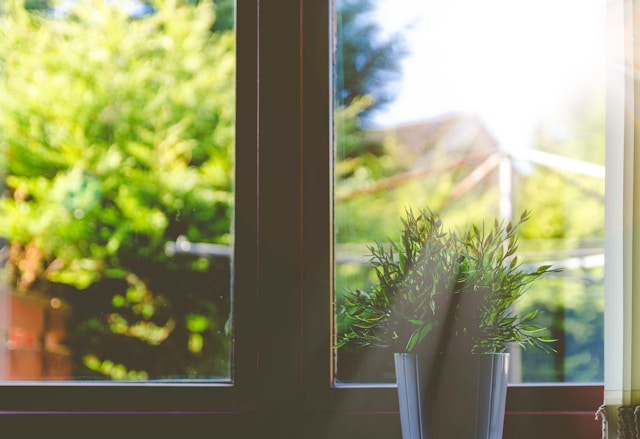Best of Johannesburg
Living Off-Grid in Johannesburg: Your 2025 Practical Guide

More Johannesburg residents are choosing to live off-grid to gain independence, save money, and live more sustainably. If you’re considering this lifestyle, here’s everything you need to know – from finding the right land to managing water, energy, food, waste, and legal considerations.
Choosing Your Location
-
Find Suitable Land
Look for properties with a climate and space that support sustainable living, including energy systems and gardens. -
Prioritise Water Access
Choose land close to natural water sources or areas ideal for rainwater harvesting. -
Ensure Accessibility
Make sure essential services and transport links are reachable without relying heavily on the city grid.
Energy Independence
-
Solar Power
Solar panels are the most practical energy source in Johannesburg’s sunny climate. Decide between fully off-grid systems or hybrid setups that tie into the city grid with battery backups. -
Wind Energy
Small wind turbines may help in windy spots but are less common in Joburg. -
Energy Efficiency
Use LED lighting, energy-efficient appliances, and adopt habits that reduce electricity consumption.

Image 1: Arka360
Water Management
-
Rainwater Harvesting
Install tanks to capture rainwater during Johannesburg’s rainy seasons to supplement your water supply. -
Alternative Water Sources
Where possible, drill boreholes for groundwater or filter water from nearby natural sources. -
Water Conservation
Use low-flow taps and toilets, and plant drought-resistant vegetation to minimise water use.

Image 2: Pinterest
Also read: https://www.joburgetc.com/johannesburg/make-tap-water-safe-johannesburg/
Sustainable Food Production
-
Grow Your Own Food
Start a garden with fruits, vegetables, and herbs suited to Johannesburg’s climate. -
Apply Permaculture Principles
Design your garden to optimise natural cycles, improve soil health, and recycle nutrients. -
Raise Small Livestock
Where space and local regulations allow, consider keeping chickens, ducks, or guinea fowl. These birds provide fresh eggs, meat, and natural pest control, making them well-suited for sustainable living in Johannesburg.

Image 3: Good Housekeeping
Waste Management
-
Composting
Turn kitchen and garden waste into nutrient-rich compost for your plants. -
Greywater Recycling
Reuse filtered greywater from baths, sinks, and washing machines to irrigate your garden. -
Waste Reduction
Minimise packaging, buy in bulk, and repurpose items to reduce overall waste.
Building and Infrastructure
-
Build Sustainable Homes
Use eco-friendly materials like earth blocks, insulated bricks, or recycled materials for better temperature control. -
Passive Design
Position windows and shading to maximise natural light and airflow, reducing heating and cooling needs. -
Design Functional Spaces
Plan your home layout to ease access to utilities, garden areas, and energy systems.

Image 4: Window Solutions
Legal and Practical Considerations
-
Understand Zoning and Building Codes
Check Johannesburg’s local laws on property use, building types, and keeping livestock to avoid legal issues. -
Secure Permits
Get all necessary approvals for construction and water systems before starting. -
Plan for Safety
Prepare backup power options, fire prevention measures, and emergency communication systems.
Living off-grid in Johannesburg in 2025 requires planning and adapting to local conditions. Done right, it’s a rewarding way to enjoy independence, cut costs, and reduce your environmental impact.
Follow Joburg ETC on Facebook, Twitter , TikTok and Instagram
For more News in Johannesburg, visit joburgetc.com
Source: Joburg ETC
Featured Image: Sustaia.com

















